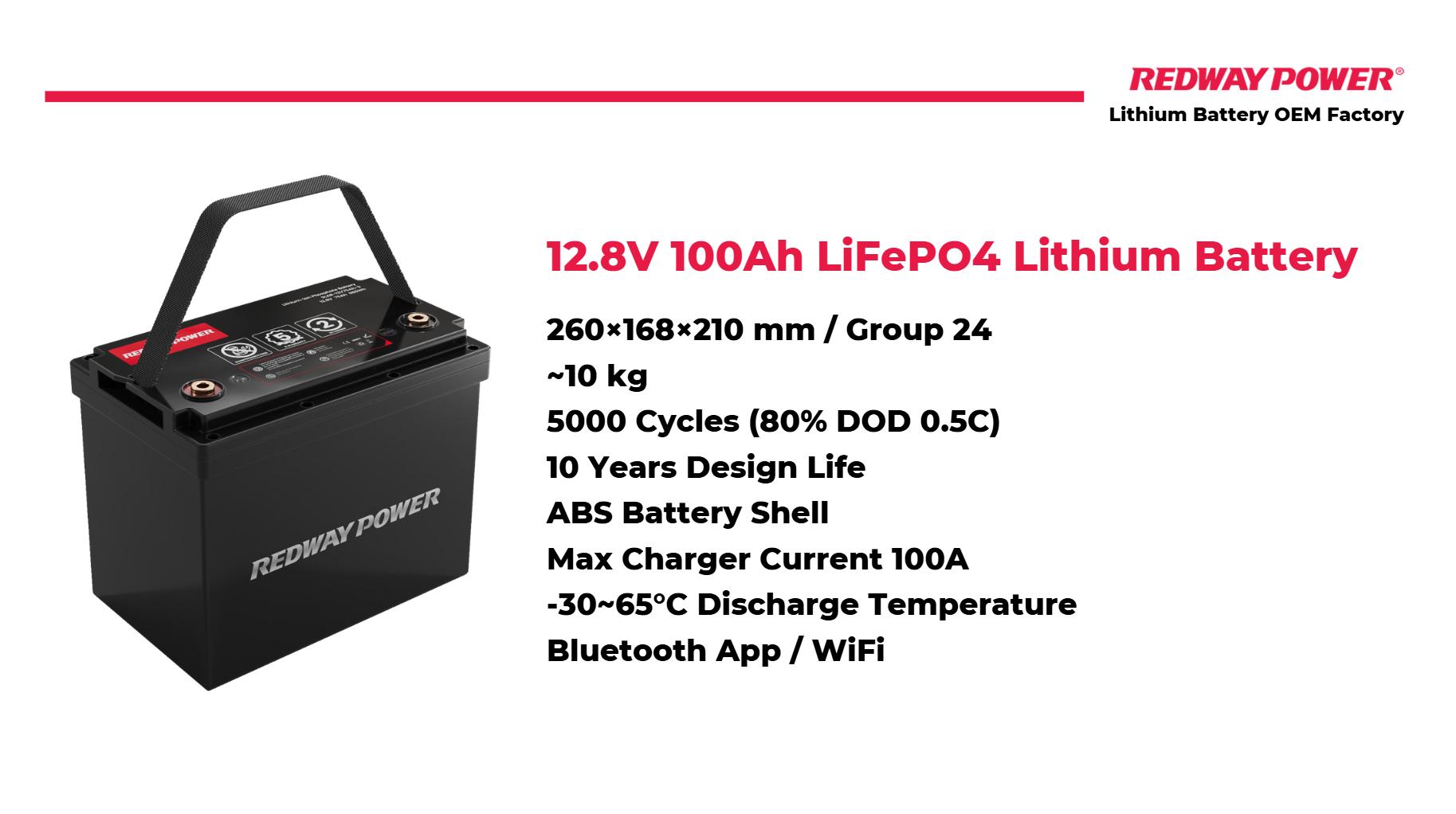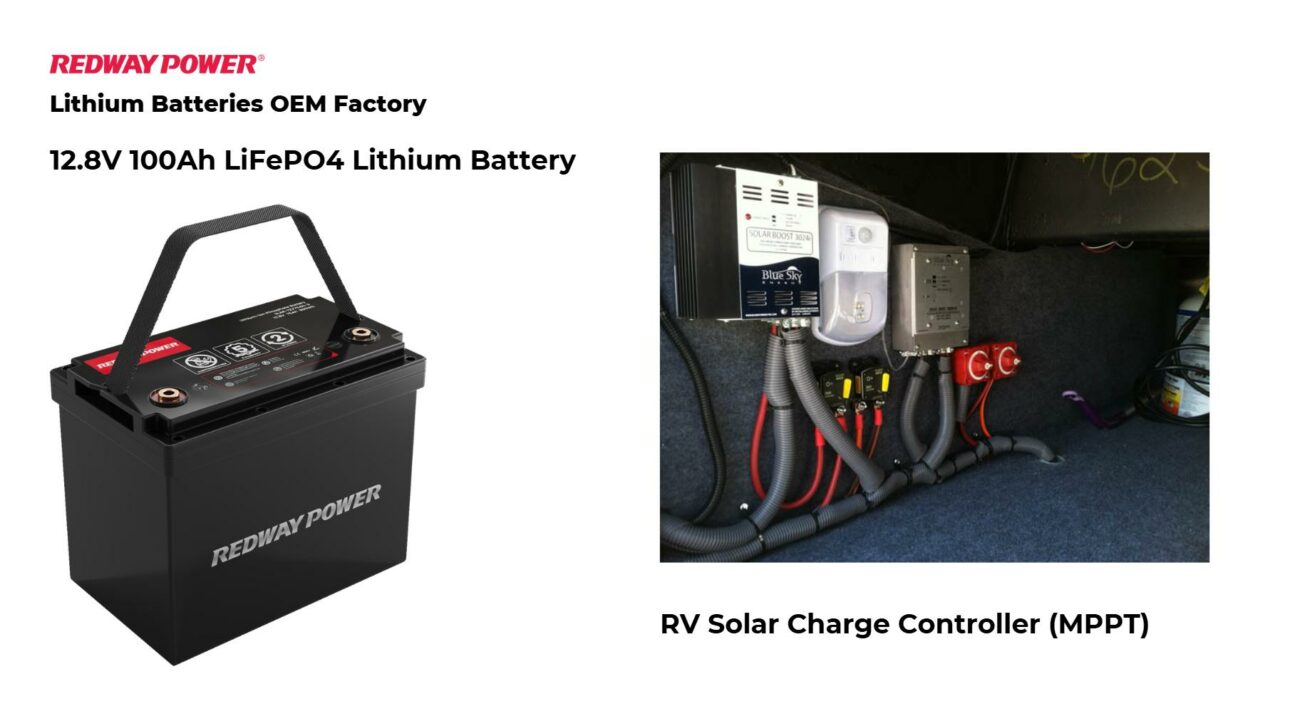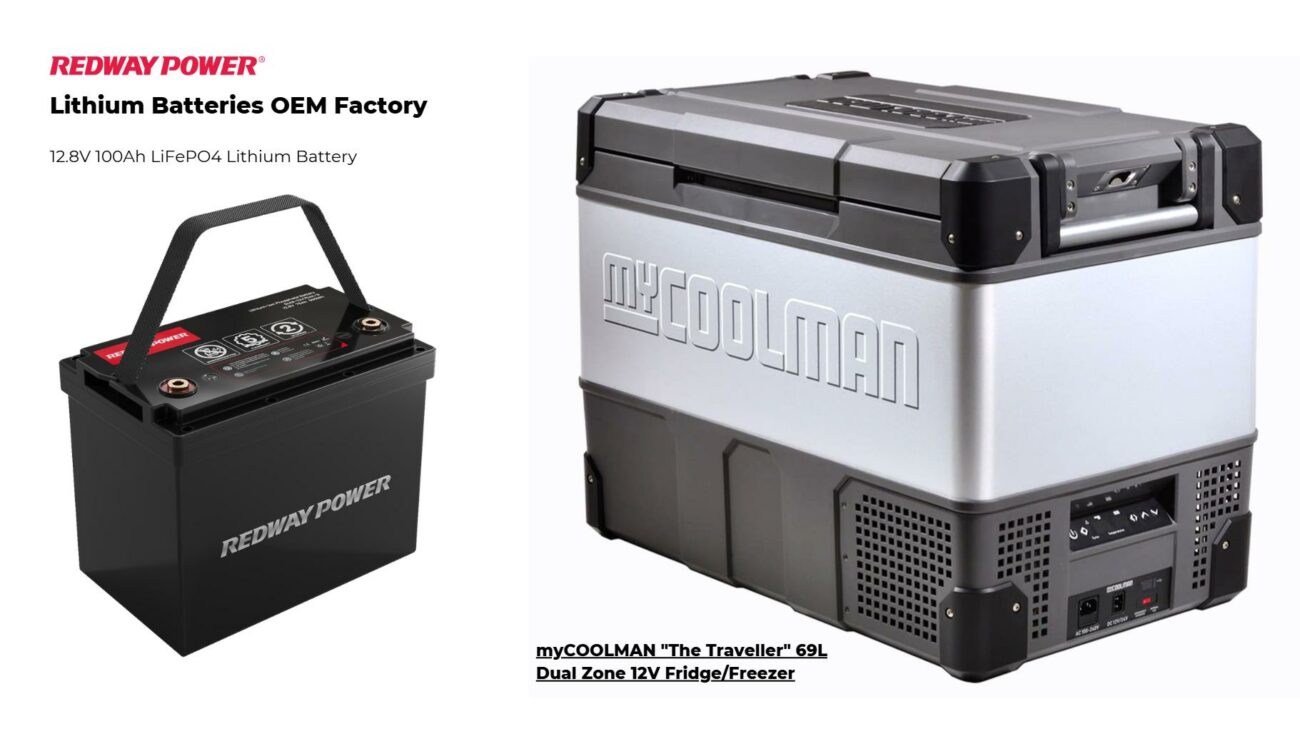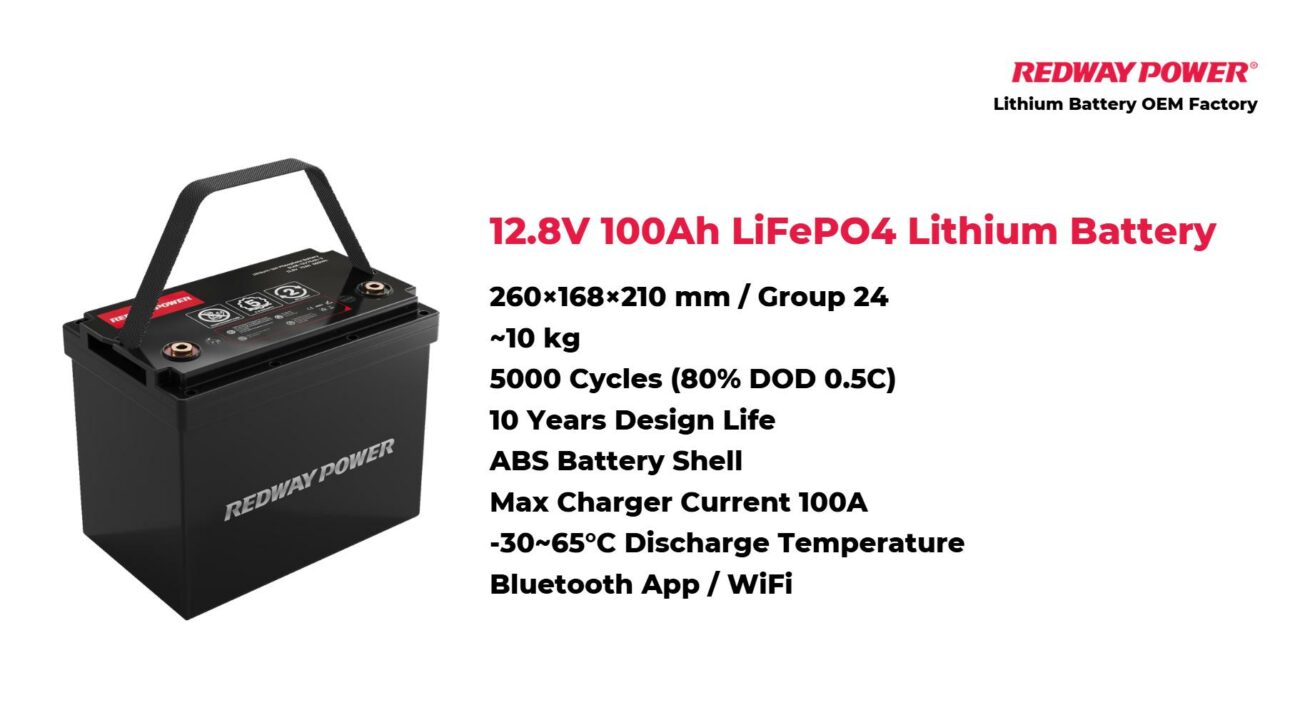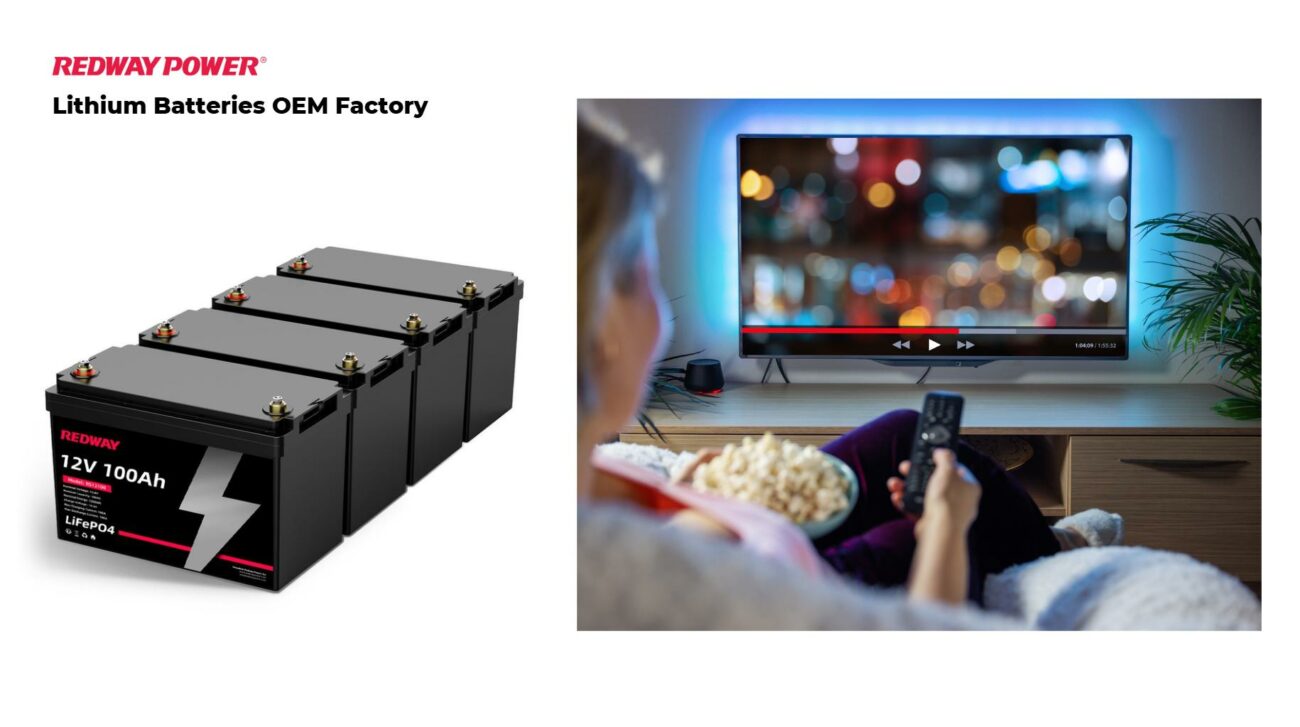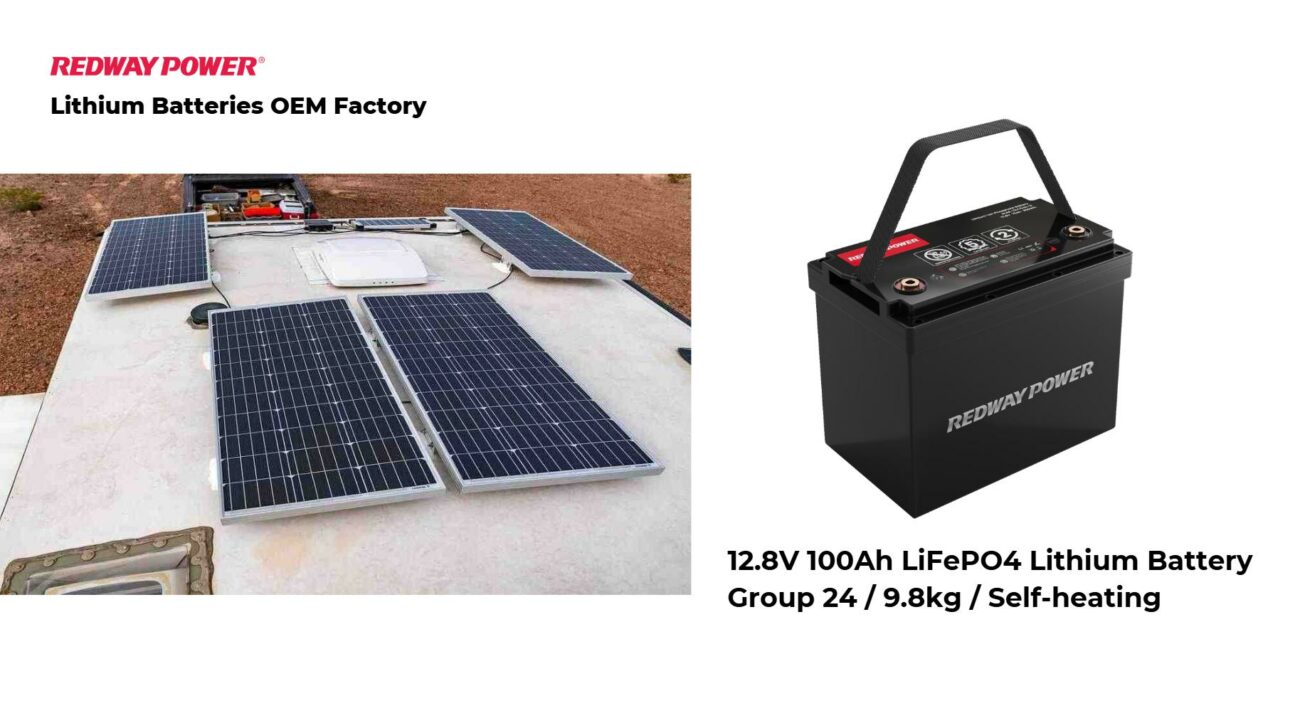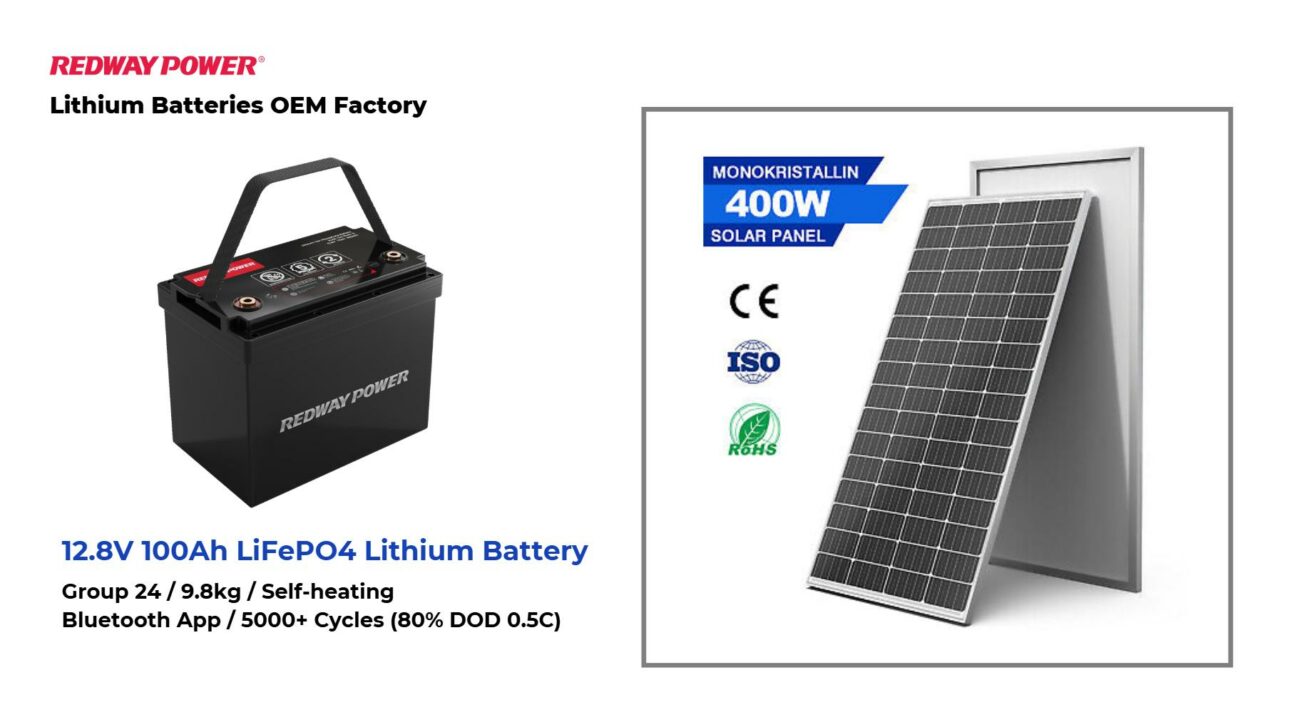Understanding the runtime of a 12V 100Ah battery when powering a refrigerator requires a detailed look into the battery’s capacity, the refrigerator’s power consumption, and several influencing factors. This comprehensive guide explores these elements to provide a precise estimate of how long such a battery can sustain a refrigerator’s operation, while also offering practical insights for maximizing efficiency.
A fully charged 12V 100Ah battery can run a refrigerator using about 60 watts for approximately 20 hours. This estimate depends on factors like efficiency and temperature conditions. Actual runtime may vary based on how often the fridge door is opened and other usage patterns.
Battery Capacity and Refrigerator Power Consumption
To estimate the runtime of a 12V 100Ah battery with a refrigerator, we start by calculating the battery’s total energy capacity and the refrigerator’s power requirements.
A 12V 100Ah battery has a total capacity of 1,200 watt-hours (Wh). This is derived from the formula:
Battery Capacity (Wh)=Voltage (V)×Amp-Hours (Ah)
For a refrigerator with an average power consumption of 50 watts, the calculation for runtime is:
Runtime (hours)=Battery Capacity (Wh)/Refrigerator Power Consumption (W)
Substituting in the values:
Runtime (hours)=1,200 Wh/50 W=24 hours
This indicates that, under ideal conditions, a 12V 100Ah battery could run a refrigerator for approximately 24 hours. However, several factors can affect this estimated runtime.
Factors Influencing Battery Runtime
1. Refrigerator Efficiency
The efficiency of the refrigerator plays a crucial role in determining battery runtime. Modern refrigerators often have energy-efficient designs that reduce power consumption. However, older or less efficient models may consume more power, thereby decreasing the runtime. Refrigerators with inverter compressors are more efficient as they adjust power usage based on cooling demand, which can help extend battery life.
2. Temperature Settings
The temperature settings of the refrigerator significantly impact power consumption. Lower temperature settings require more energy to maintain, which can reduce the runtime of the battery. For example, setting the refrigerator to a colder temperature may lead to increased power usage, thereby shortening the operational time.
3. Ambient Temperature
Ambient temperature affects the efficiency of refrigeration systems. Higher ambient temperatures can force the refrigerator to work harder to maintain the desired internal temperature, thus increasing its power consumption. Conversely, in cooler environments, the refrigerator may use less energy, potentially extending the battery runtime.
4. Battery Condition and Age
The condition and age of the battery can also influence its performance. Over time, batteries lose their capacity due to chemical degradation. An older battery might not provide the full 1,200 Wh capacity, leading to a reduced runtime. Regular maintenance and monitoring of battery health are essential for ensuring optimal performance.
5. Power Consumption Variability
Refrigerators do not run continuously at their average power consumption level. They cycle between running and resting phases. Therefore, actual battery runtime may vary based on the refrigerator’s cycle patterns. Additionally, the presence of ice makers, water dispensers, or additional features can increase overall power consumption.
Maximizing Battery Runtime
1. Implement Energy-Saving Practices
To extend the runtime of a 12V 100Ah battery, consider implementing energy-saving practices:
- Optimize Temperature Settings: Set the refrigerator to a moderate temperature that balances energy consumption and food preservation.
- Keep the Door Closed: Minimizing the frequency and duration of door openings can reduce the workload on the refrigerator.
2. Use a Battery Monitor
A battery monitor helps track the battery’s charge level and health. This allows for timely recharging or replacement before the battery is depleted, ensuring uninterrupted operation of the refrigerator.
3. Improve Insulation
Improving the insulation around the refrigerator can help maintain internal temperatures more efficiently, reducing the overall power consumption. This includes ensuring that the refrigerator is placed away from heat sources and that its surroundings are well-insulated.
4. Choose an Energy-Efficient Refrigerator
If possible, opt for a refrigerator with high energy efficiency ratings. Modern Energy Star rated appliances are designed to consume less power while maintaining optimal performance.
Practical Considerations and Conclusion
In conclusion, while a 12V 100Ah battery theoretically offers around 24 hours of runtime for a refrigerator with a 50-watt power consumption, the actual duration can vary based on efficiency, temperature settings, ambient conditions, and battery health. By understanding these factors and adopting energy-saving practices, one can effectively manage battery usage and prolong the operational time of the refrigerator.
If you are seeking reliable battery solutions or custom options, Redway Power specializes in LFP (lithium iron phosphate) batteries and can provide tailored solutions to meet diverse needs. Contact Redway Power for a quote and explore how their expertise in battery technology can enhance your energy management strategies.



